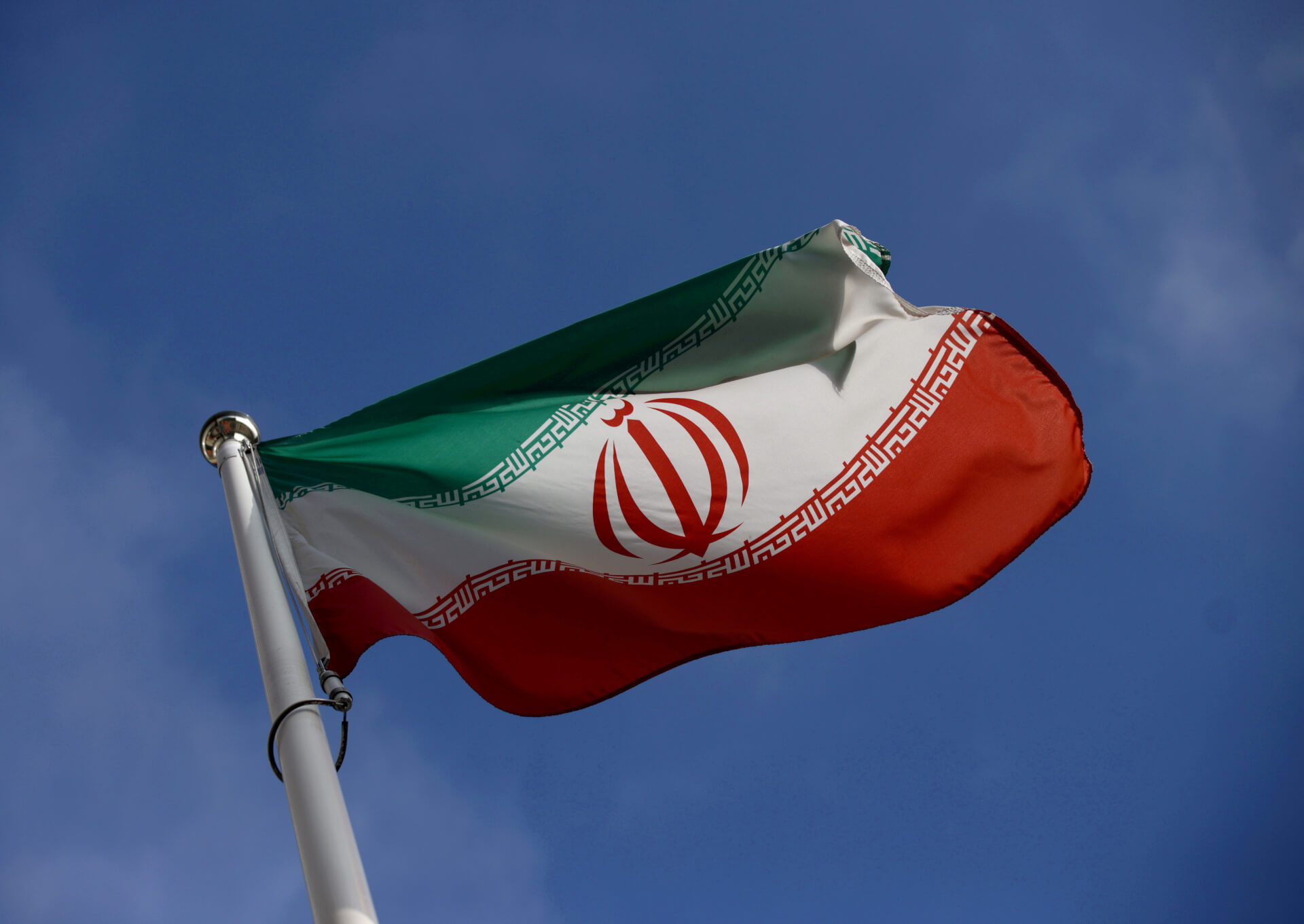The United States (US) on Thursday imposed sanctions on several Chinese and Emirati companies for facilitating Iranian oil sales and thereby helping Tehran evade restrictions on trade activities. Sanctions were also imposed on three Iranian petrochemical producers.
The Treasury Department targeted companies that have links to the already-sanctioned Triliance Petrochemical and the Petrochemical Commercial Company (PCC), two Iran-based oil companies. “This network helps effectuate international transactions and evade sanctions, supporting the sale of Iranian petrochemical products to customers” in China and the rest of East Asia, the Department said in a statement.
Biden hasn’t just failed to restore the Iran nuclear deal, today he announced he is *utilizing Donald Trump’s own executive order that reimposed sanctions to kill the deal* as his basis for new sanctions. https://t.co/RNRhP1SLVz
— Jamal Abdi (@jabdi) June 16, 2022
The measures targeted two Hong Kong-based companies—Keen Well International and Teamford Enterprises—for acting as fronts for Triliance. It accused Keen Well of processing payments on behalf of Triliance for the shipment of millions of dollars worth of Iranian naphtha to Singapore since 2020. Teamford was also accused of facilitating transactions on behalf of Triliance for the shipment of Iranian-sourced petrochemicals to East Asia.
Additionally, the US accused four Emirati companies of helping Triliance hide its financial transactions. GX Shipping, Future Gate Fuel, Sky Zone Trading, and Youchem General have all been sanctioned for concealing Triliance’s involvement in petrochemical transactions and accepting payments. Future Gate and Sky Zone, in particular, were held responsible for concealing over $20 million in transactions.
The Treasury said that it is also sanctioning two individuals over their involvement with Triliance. It accused Jingfeng Gao, a Chinese citizen, of helping Triliance in enabling multi-million-dollar transactions and Mohammad Shaheed Ruknooddin Bhore, an Indian national, for managing Triliance’s front companies.
Today #Iran's president spoke at Jamaran Hussainiya in Tehran, lashing the U.S. after new sanctions: "I wonder about why the Americans on the one hand send a message that telling they are ready for an agreement, but on the other hand, they add to the the list of sanctions." 1/2 pic.twitter.com/tiuph8XTSu
— Jason Brodsky (@JasonMBrodsky) June 17, 2022
In addition, three Iranian petrochemical producing companies were sanctioned for selling millions of dollars worth of petrochemicals to China via Triliance and supplying methanol to the PCC.
The statement said that “all property and interests in property” of the sanctioned companies and individuals in the US will be blocked and reported to the Office of Foreign Assets Control (OFAC). “In addition, persons that engage in certain transactions with the individuals and entities designated today may themselves be exposed to sanctions or subject to an enforcement action,” it warned.
The authority that the new #Iran sanctions designations are being levied under today is noteworthy and is a signal as it is under EO 13846, which reimposed sanctions on Iran after the U.S. withdrew from the JCPOA. 1/3https://t.co/LJAayTlEaA
— Jason Brodsky (@JasonMBrodsky) June 16, 2022
Department Under Secretary for Terrorism and Financial Intelligence Brian E. Nelson said that “the US is pursuing the path of meaningful diplomacy to achieve a mutual return to compliance” with the Joint Comprehensive Plan of Action (JCPOA), the 2015 nuclear deal. “Absent a deal, we will continue to use our sanctions authorities to limit exports of petroleum, petroleum products, and petrochemical products from Iran,” he added.
The move came just a week after the International Atomic Energy Agency (IAEA) passed a resolution censuring Iran for failing to inform the agency of uranium traces at three sites. The report, drafted by the United States (US), the United Kingdom, France, and Germany, was the first time since 2020 that the agency formally condemned Iran.
Tehran has rejected the resolution and said that the IAEA is influenced by the West and Israel. Following the IAEA’s move, Iran announced that it would halt all cooperation with the agency and dismantled 27 surveillance cameras installed at nuclear facilities across the country and said it is installing advanced centrifuges at the Natanz nuclear site, a move that will enable Iran to rapidly enrich uranium to weapons-grade level.
In addition, Tehran announced earlier this week that it plans to launch a solid fuel satellite carrier rocket soon. The US has said the launch could help with Iran’s ballistic missile programme and violates a United Nations Security Council resolution calling on Iran to refrain from activities related to its ballistic missile programme.
Moreover, the New York Times reported on Thursday that the US for the first time acknowledged that Iran has been building a massive underground tunnel network near the Natanz site that could withstand bombardment and cyberattacks. Senior US officials confirmed to the Times on the condition of anonymity that Tehran is shoring up its tunnel defences. Although the satellite images released in January indicated that Iran was building a tunnel network, the images were not publicly confirmed until yesterday.
While Iran continues to insist that its nuclear programme is peaceful, the IAEA has released several reports claiming that Tehran has increased its nuclear activities and has enough highly enriched uranium to manufacture a nuclear weapon. Moreover, talks that began last April in Vienna to revive the JCPOA are currently stalled over certain Iranian demands, including removing US-imposed sanctions on the Islamic Revolutionary Guard Corps (IRGC), which the West has refused to accede to.

